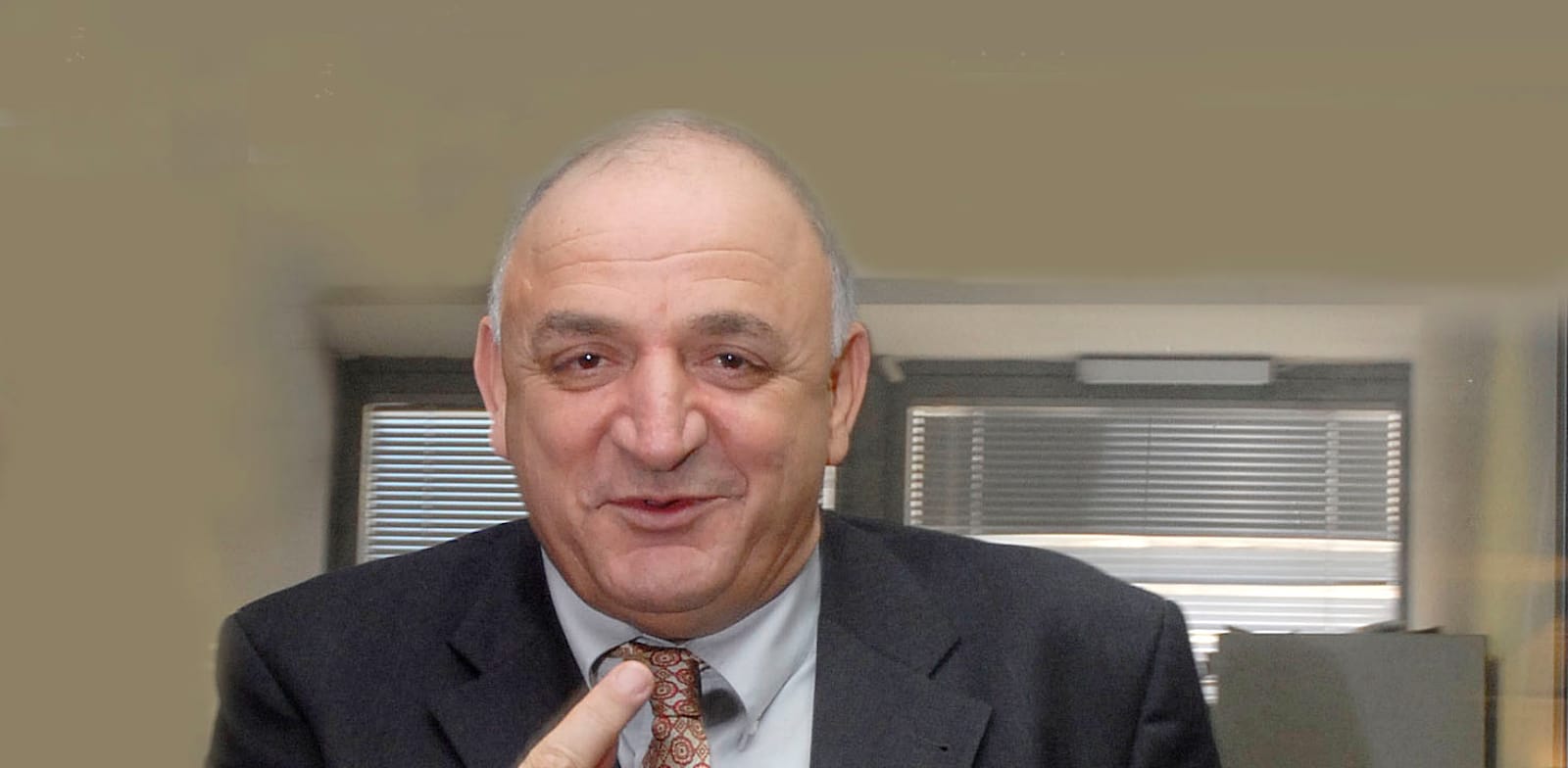
Yitzhak Tshuva on his way out of Keshet: Globes has learned that in recent weeks, advanced negotiations have been underway for the sale of Tshuva Beshkot’s shares to a senior figure in the capital market. Tshuva has owned about 20% of Keshet Channel shares since 2010 through its daughter Gal Naor. Delek Group CEO Idan Wells is Tshuva’s representative on the News 12 board of directors.
Keshet is the strongest content player in Israel. The company has four significant active arms: the first of which is the Keshet 1 television channel, which in recent years has been considered the “tribal bonfire” in Israel. Rainbow 12, which currently holds at least 60% of the ratings share, has managed all the bumps the market has faced in recent years: the mythical Channel 2 split, followed by the merger of Channel Ten with a network that was supposed to produce a strong competitor in front of it. Although the corona year was supposed to significantly disrupt TV channels’ advertising revenues, the pessimistic predictions flooded by the market at the beginning of the crisis did not materialize: most advertisers returned to advertising, and some even transferred larger chunks than before to advertising on TV – media considered “safe” in times of crisis. The Corona has also significantly changed the content viewing patterns and “stuck” more people to the various screens, so that the last year ends with a stronger arc than ever.
The second arm of Keshet (which complements the first) is the digital arm, which today includes two powerful sites: the Mako site, which has been profitable for several years; And the N12 website, which was launched about a year ago and has become a significant player in the field of investments.
Keshet’s third arm is business partnerships with commercial companies such as Libra or Expon, in which Keshet brings air time, helps improve the company through advertising and shares the profits with it according to various economic models.
Keshet’s fourth arm is Keshet International, through which the group produces and markets programs and series worldwide, in order to turn the content produced into a significant economic asset. Following the corona crisis in the world and its impact on the content field, it is the activity of the group that is most damaged.
Keshet Group is a strong player in the content field, and according to market estimates, it is also a profitable company. Both in terms of its development in the domestic market, the company has almost reached the ceiling, and also in terms of return to shareholders, it can be assumed that there are many other areas of investment where a higher return can be expected than investing in a content group.
However, in Israel and around the world, the shareholders of a significant portion of the media are businessmen whose main activity is in other areas. In Israel, the connection between capitalists in the communications market and the reciprocal relations with commercial and political factors has been discussed at length – some of which have even led to indictments. Against this background, it could be assumed that business entities would be doubly careful about entering an area that is constantly receiving a strong media spotlight. But the industry claims that sometimes the advantage of holding media is not the ability to dictate content but rather the ability to avoid media exposure. For example, it was reported in “The Seventh Eye” that News 12 was the body that most minimally covered the economic crash of Tshuva, compared to the extensive coverage given to it in other media.
It will be recalled that in light of the Delek Group’s crisis, Tshuva has sold many assets in recent months, but Keshet’s associates have claimed that the group’s shares are not on the shelf, and Tshuva wants to continue holding them. But in recent weeks, nothing seems to have fallen, and contacts for the sale of its share have begun with capital market officials. Recall that at the beginning of the week was published the recommendation of the committee to reduce centralization not to grant the Delek and Shevron Group another license to search for gas. It is not inconceivable that this decision gives further impetus to the emerging sale transaction.
Tshuva is the second largest shareholder in the Keshet Group, but it is still a minority shareholder: The controlling shareholders in the group are the brothers Drorit and Dudi Wertheim, who hold 51% of the shares.